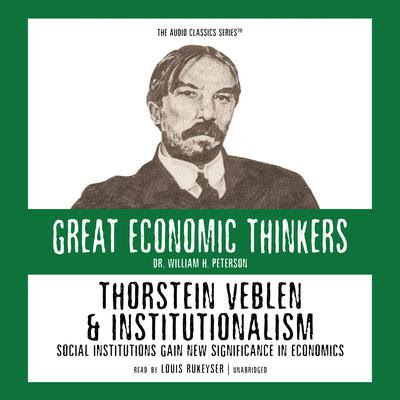“[The Congress shall have the power] To establish an uniform rule of naturalization … ”
The United States has more Spanish speakers than any other country in the world, except its southern neighbor of Mexico. This may be ironic, given that the most spoken language in the United States is English. Nonetheless, the United States has a significant Spanish-speaking population, most of whom are native speakers. Indeed, Hispanics are the largest ethnic minority group in the United States – although it is noteworthy that they are not considered a “race” by the United States Census. Rather, “Hispanic or Latino” is considered an ethnicity, and includes people from multiple races, particularly Whites and Native Americans. This reflects the ethnic diversity of their various countries of origin, where White colonists from Spain had frequently intermarried with the locals.
Benjamin Bratt, the Hispanic/Latino narrator of this documentary









